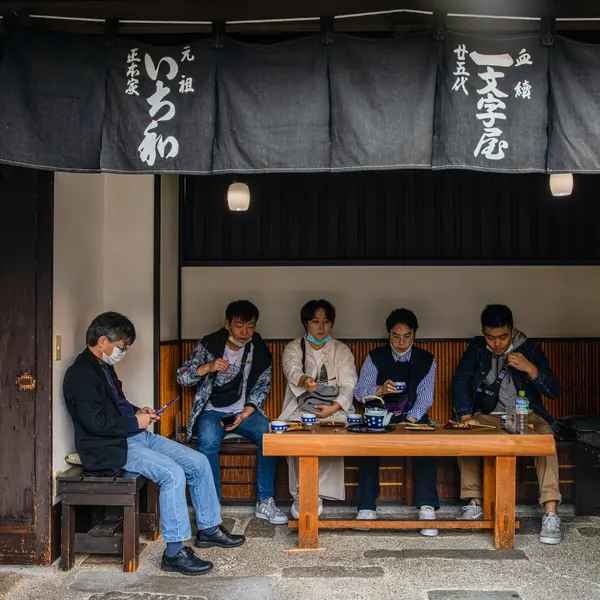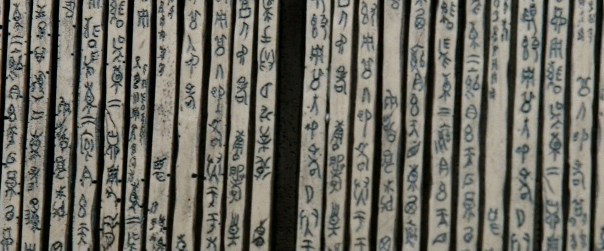The "whole mess" of Old Sinitic reconstruction
In the comments to "The Altaic Hypothesis revisited" (12/10/20), Peter Golden, a Turkologist, mentioned that, as a non-Sinologist, he uses the reconstructions of the following scholars — Karlgren, Pulleyblank, Schuessler, Baxter/Sagart, Kroll and Coblin — "to get some sense" of the Old Sinitic, Late Han, Middle Sinitic (Early Middle Sinitic and Late Middle Sinitic) sounds that are "masked" by the Sinographic renderings of foreign names. Alexander Vovin raised the problem of the inadequacies of the reconstructions of Christopher Beckwith, saying that it "is not a reconstruction at all, at least not in the sense of Karlgren, Pulleyblank, Baxter/Sagart, Zhengzhang Shangfang, Li Fang-Kuei, Coblin, etc." Vovin continues:
I think that Beckwith is a very interesting historian (as far as I can judge, not being one myself — some of his books are very interesting reading, imho), but when he starts to talk about historical linguistics, whether it is Chinese, Japanese, Turkic, Mongolic, etc., it is methodologically simply not acceptable and it is further aggravated by the corruption of data.
The question of Beckwith's reconstructions being ad hoc in nature was also raised.
Read the rest of this entry »


